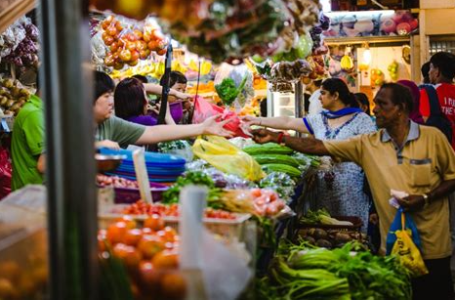Inflationary pressures ease as food, services, and retail prices moderate
SINGAPORE: Official data released on Oct 23 shows that Singapore’s core inflation has dropped to 3.0% on a year-on-year basis. This marks a significant decrease from the 5.5% recorded in January and February of this year, which was the highest in 14 years. The September inflation rate is the lowest it has been since March 2022, when it stood at 2.9%, and is in line with the 3.1% forecasted by economists in a Reuters poll.
Last month, core inflation fell further to 3.4%, driven primarily by reduced inflation in services, food, and retail. This drop from July’s 3.8% was a positive signal that inflationary pressures in key sectors were beginning to ease. The core inflation rate excludes costs related to private road transport and accommodation.
According to the Monetary Authority of Singapore (MAS), inflation has slowed across a broad range of goods and services, including non-cooked food, food services, travel-related services, and point-to-point transport. MAS expects inflation to continue moderating, projecting it to be between 2.5% and 3% year-on-year by December. Excluding the effect of the Goods and Services Tax (GST) rate hike in January, core inflation is forecasted to range between 1.5% and 2.5%.
While global crude oil prices have increased in recent months, most food commodities and manufactured goods have seen price moderation, driven by favourable supply conditions. The stronger Singapore dollar is also expected to help ease import cost pressures in the coming quarters.
Looking ahead to 2024, MAS anticipates that labour costs will rise at a slower rate as the labour market cools. Additionally, inflation in private transport should moderate, with expected increases in COE quotas, and accommodation inflation is expected to ease as the supply of completed housing units expands.
Global economic activity has shown signs of moderation, with weaker growth in the Eurozone and China, though the US economy remains resilient. In the near term, global demand is expected to soften amid elevated interest rates, but the risk of a sharp downturn has receded. MAS forecasts that growth in Singapore’s major trading partners will gradually pick up in 2024, driven by easing inflation and a modest recovery in the electronics cycle, though the timing and extent of this recovery remain uncertain.








